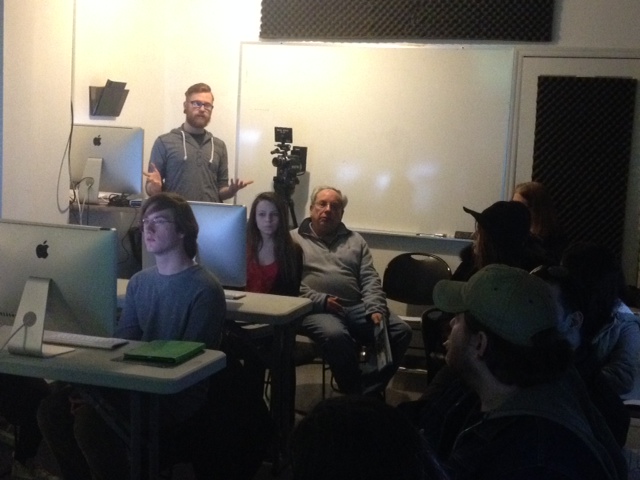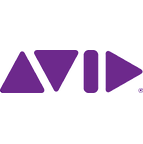It’s been years since Chadwick Boseman was a student at the Digital Film Academy. Since then, he’s been no stranger to the world of entertainment, landing roles on such classic soap operas as All My Children. But, like most film stars, it takes certain roles to suddenly get you ‘on the radar’ – and for Boseman, that break-through moment came in 2013 when he was cast as the legendary Jackie Robinson opposite Harrison Ford in 42.
42 met with positive reviews overall, despite a few nay-sayers feeling it sugar-coated some of the real issues of the time in which the Robinson biopic was set. One thing almost everyone could agree on, though, was that the “new-comer,” Boseman, was delightful and brought an easy athletic confidence to the role of this sports legend.
Boseman is quoted on his IMDB page as saying “The story (of 42) is relevant because we still stand on (Robinson’s) shoulders. He started something.”
This sentiment is similar to what he felt about James Brown when he was preparing to play the iconic Godfather of Soul in 2014’s highly-anticipated Get on Up. He spoke of Brown’s performances as “the foundation for a lot of things we’re still doing.”
Boseman is definitely a man who understands the responsibility of portraying a real-life personality onscreen. In fact, it was this reverence for accurate portrayal that almost made him pass on the role of James Brown.
Originally from the south, Boseman shied away from this part, unsure of whether or not he could do it justice. He reportedly told director Tate Taylor, “We cannot mess this up! I don’t know if I can do it right!” while being courted for the role.

Of course, once he came in to audition, he nailed it. And once his involvement was official, and despite not being a singer or dancer, Boseman spent six intensive weeks practicing Brown’s moves. According to Mick Jagger, who’s producing the film along with Brian Grazer, Boseman “immeasurably had become the character” by the time he was through with his training.
Whether or not Get on Up will bring Boseman as much recognition as 42 remains to be seen. But one thing’s for sure – when the film releases in August of 2014, plenty of people – this blogger included – will be lining up to find out.
For more info, read “Mick Jagger Talks James Brown.”
By Digital Film Academy Blog Manager Sara McDermott Jain


































